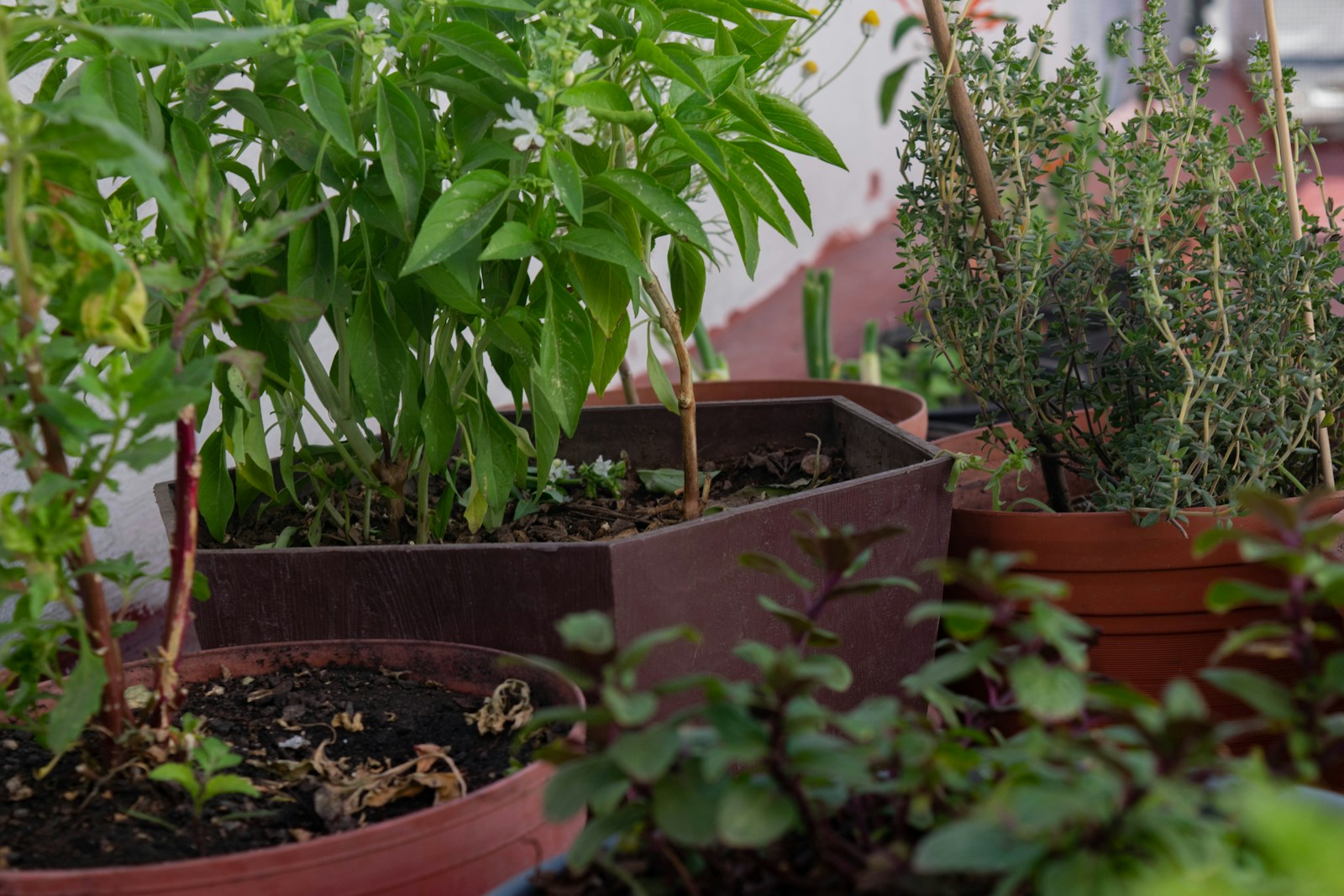

In the face of increasing environmental concerns, composting has emerged as a viable solution for reducing waste and promoting sustainable living. Home composting, in particular, is an easy and rewarding way to contribute to environmental conservation, right from the comfort of your own home.
The Basics of Composting
Composting is a natural process that transforms organic waste, such as leaves and kitchen scraps, into nutrient-rich soil. This process is not only beneficial for the environment but also helps improve the health of your garden soil.
What is Composting?
Composting is essentially the decomposition of organic waste into a rich, soil-like material known as compost. This organic matter can be added to the soil to improve its quality and fertility.
The benefits of composting are numerous. It helps reduce waste, enriches the soil, and lessens the need for synthetic fertilisers. Moreover, it’s a simple process that anyone can start at home.
Summary
Composting transforms organic waste into nutrient-rich soil. It’s an environmentally friendly practice that reduces waste and enhances soil health.
Identifying Compostable Materials
Understanding what can and cannot be composted is crucial for successful composting. Here’s a guide to help you distinguish between compostable and non-compostable items.
What to Compost
You can compost a variety of organic materials, including:
- Fruit and vegetable scraps
- Coffee grounds and tea leaves
- Yard trimmings like grass clippings and leaves
- Paper, cardboard, and shredded newspaper
- Eggshells and nutshells (excluding walnuts)
What Not to Compost
Not all kitchen or yard waste should be composted. Some items may attract pests or contain harmful compounds. Here are some items to avoid:
- Meat, fish, and poultry scraps
- Dairy products
- Pet waste
- Walnuts and black walnut tree materials
- Pesticide-treated lawn trimmings
- Baked goods
Summary
A wide range of organic materials can be composted. However, avoid composting items that attract pests or contain harmful compounds.
How to Start Composting at Home
Starting a compost pile at home is a straightforward process. Here are the steps to get you started.
1. Set Up Your Compost Pile
Choose an area in your yard that is easily accessible, has good drainage, and is partially shaded. Your compost pile should be at least 3 feet in width and height to retain heat effectively.
2. Start Adding Materials
Start your compost pile with a layer of bulky brown materials for aeration and drainage. Alternate layers of green (food and yard scraps) and brown (branches, paper, straw) materials. Remember to add a bit of water to each layer to keep it moist.
3. Regularly Turn the Pile
Turning your compost pile regularly helps distribute air and moisture evenly, ensuring efficient composting. You should start by turning your pile every 4–7 days.
4. Use Your Compost
Your compost is ready when it is dark brown and crumbly, similar to soil. You can use it to enrich your garden soil or make compost tea.
Summary
Composting at home involves setting up a compost pile, adding organic materials, and regularly turning the pile. The resulting compost can be used to improve soil health.
Composting in Limited Spaces
Even if you live in an apartment or have limited outdoor space, you can still compost. Indoor composting bins or composting kitchen appliances can be used to make compost.
Shop for Composting Products Online
Summary
Indoor composting is possible with the right tools. Composting bins or appliances can help you compost in limited space.
The Bottom Line
Composting is an easy and effective way to reduce waste and contribute to environmental sustainability. It also enhances the health of your garden soil. Regardless of the amount of space you have, composting is a rewarding hobby that can be easily adopted at home.
Just one thing to remember: If you’re short on space, chop up your food scraps before adding them to your compost pile. This not only saves room but also helps the food decompose faster.
Final Thoughts
In conclusion, home composting is a simple and rewarding hobby that anyone can enjoy. It reduces waste, enriches the soil, and promotes sustainable living. So why not start composting today and contribute to a healthier environment?
